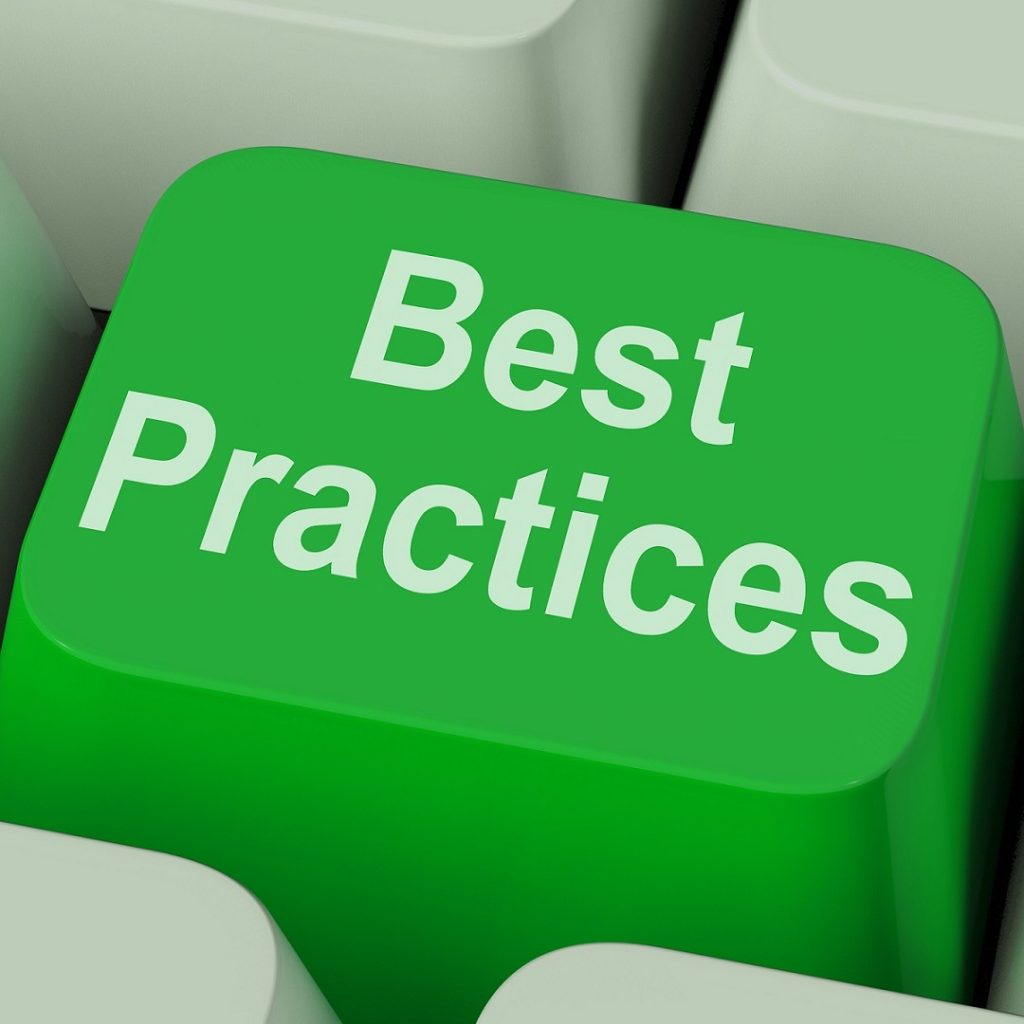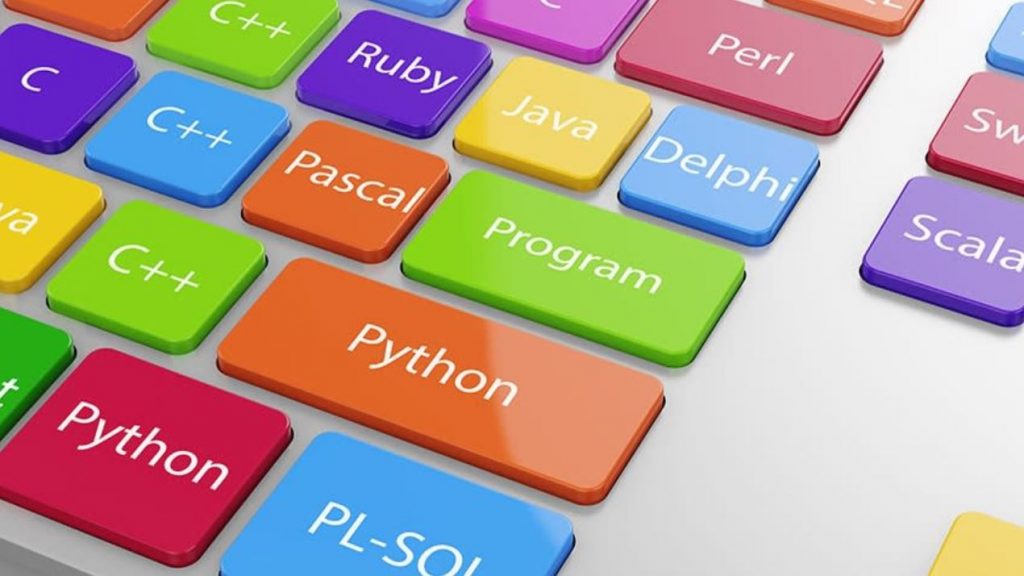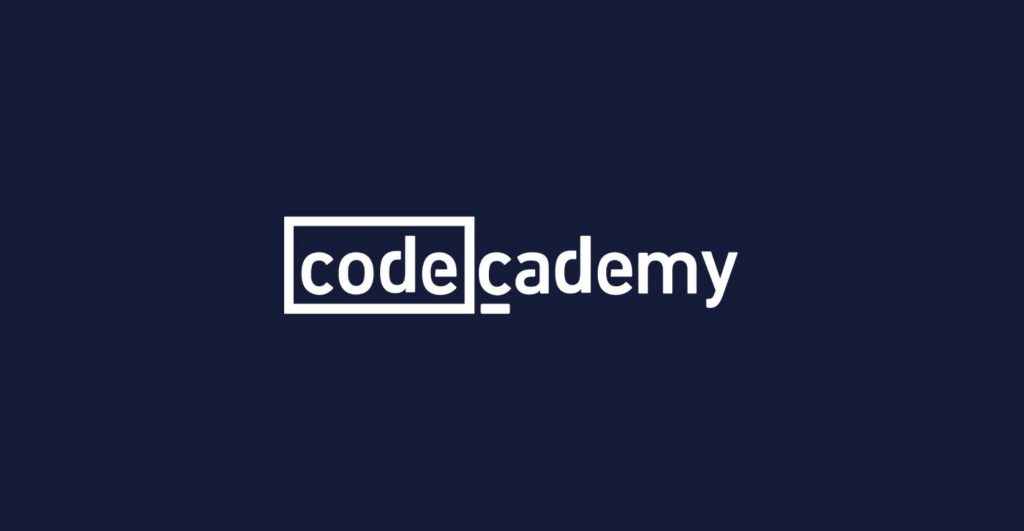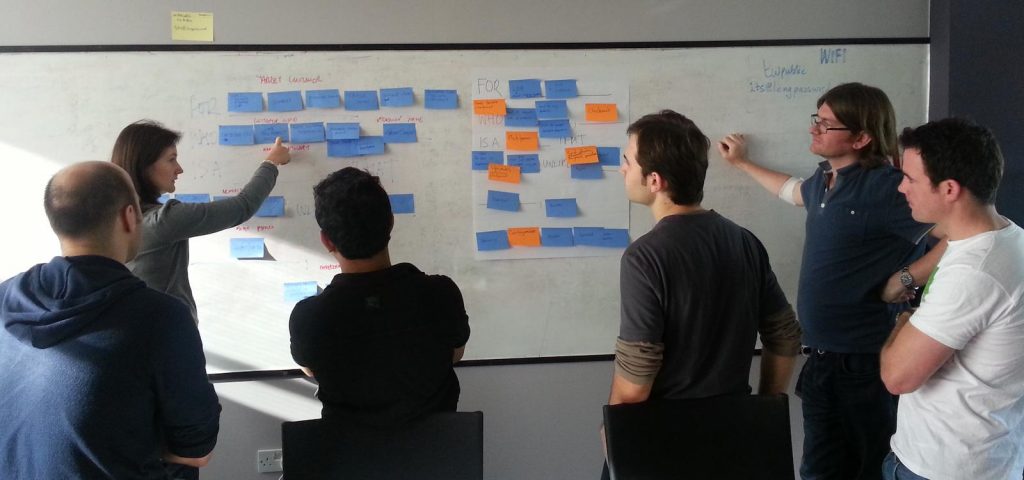How to Become a Software Developer without a Degree
If you’re looking for a promising career in the IT sector, you might want to check out some pointers on how to become a software developer.
Thanks to digital technology, you can now have access to comprehensive tutorials and other learning materials. This is a big help to aspiring developers without a college degree.
So, how do you acquire the skills you need to become a developer? This comprehensive guide should point you in the right direction. Read on.
Step-by-Step Guide to Becoming a Software Engineer
Set Clear Goals
The first thing you need to know is that software development has different specializations. To become a software developer you desire, you need to set clear goals.
Check out the different work areas for every specialization.
To give you more ideas, here are some of the popular software development career paths:
- Web design and development
- Computer data analysis
- Software and application developer
- Desktop developer

In today’s technological world, startups, SMEs, and large companies are looking for more IT experts. This has opened up many opportunities for aspiring developers. You can work as a data scientist or any IT related job.
After evaluating your options, you can work out your skills and pursue your goals.
Look for Learning Modules about Software Development
As an upcoming software developer, you need to access the crucial topics and skills. One way of doing this is to subscribe to a few professional online or offline classes that provide learning modules.
Some of the important modules and skills that the classes need to cover include:
We build custom software with modern solutions in mind for any business and sizes!
We build custom software with modern solutions in mind for any business and sizes!
a. Database Management Systems – learn how to build an organization’s system.
Skills:
- Common database management systems
- The principles of hierarchical, relational, and object-oriented databases
- Current trends in data management, like analytics and data mining
b. Web Application Development – it covers the web application programming languages and technologies.
Skills:
- Web application design
- User-interface principles
- Client and server solutions
c. Operating Systems – it examines the fundamental concepts of operating systems.
Skills:
- File management techniques
- The design of computer architecture
- Common OS programming languages
d. Networking – covers the basic networking principles and the importance of software in the functionality of networks.
Skills:
- Types of networks
- Network security protocols
- Network design
e. Object-Oriented Software Development – learn what software engineer needs to tackle common programming tasks and problems.
Skills:
- Programming logic
- Programming expressions
- The working of fields and methods
f. Computer security – discusses the legal, ethical, and practical computer security considerations.
Skills:
- Data recovery
- User access methods
- Cryptography
g. Project management – learn how to create software projects on budget for software development and schedule.
Skills:
- Project life cycle
- Risk management
- Project planning
h. User interface – learn how to apply the concepts of human communications to develop user-friendly software.
Skills:
- Customizing software to human user specifics
- Network security protocols
- Network design
Research the Most Relevant Practices
Technology is always evolving, sometimes eating itself. Therefore, it is vital to have a solid plan so that you stay on top of new technologies. You don’t want to research something that is not marketable in today’s world, such as Java desktop applications.
Apart from coding, you should also consider learning the following:
• version control systems like Git
• unit testing
Thanks to the web, you can access excellent tutorials and guides on these and many other subjects. Stack Overflow is another great community that can provide any software developer with answers to specific issues.

You also need to join platforms where different software developers work on the same open-source projects. GitHub is among the leading platforms that allow any software developer to collaborate with others and share the latest technologies.
Even if you’re still a greenhorn, join some of these open-source projects and work on non-technical tasks such as writing technical documentation, testing, and triaging bug reports. These roles can incredibly boost your knowledge.
Furthermore, open-source projects can boost your exposure to potential future employers.
Choose a Programming Language

Choosing the right programming languages and frameworks may be challenging for any upcoming developer. We suggest you start with one programming language to help you focus on the basics. Doing so gives you the chance to learn what a software engineer does when solving problems.
Once you gain a solid foundation, transitioning to new programming languages, technologies, or frameworks becomes a breeze.
Many developers start with Ruby since it is efficient and readable. It is also open-source, giving you access to a community of programmers and great tools, all for free. Furthermore, the language’s flexibility allows any developer to branch out into other technologies.
Practice Makes Perfect
While choosing a stack doesn’t matter a lot, it’s vital to dedicate time learning your craft. You can squeeze your learning into your schedule to take place daily or weekly.
You cannot be a developer after 10 hours of practice. It’s just impossible. However, you don’t need 10,000 hours to be a sought-after developer expert and land your first job. But dedicate time learning the skills and putting them into practice.

You may decide to enroll in an online course that provides scheduled learning. Most software development self-taught courses for the beginners take about 4- 6 months to complete (7-9 hours per week). They can give you a great foundation and allow you to branch into more exciting skills.
Use Innovative Software Tools

Free resources like Codeacademy allow you to learn interactively. They throw quizzes and answers to you, allowing you to get accustomed to coding. However, they tend to be based on web browsers rather than real-world environments.
From the word go, you need to know and use the real tools that software engineers use in real situations. Doing so will enable you to transition into a full-time role as a software developer easily.
We get it- it may be challenging at first. However, with programs and courses such as Version Control with Git in Coursera, you don’t need to worry anymore. You’ll learn the processes and tools such as GitHub, Bitbucket, and the command-line interface.
Read other Developers' Codes
Make efforts to learn from codes that more experienced developers and peers have done. One of the easiest ways is to head over to GitHub and search for the documentations in the repositories. The documentation may not always be correct, but you’ll never go wrong with the source codes.
- Customizing software to human user specifics
- Network security protocols
- Network design
Take time to study the code. You can even try recreating it to come up with your own program. Recreating an existing program is a rewarding activity since you’re modeling your learning around more experienced developers.
Participate in Active and Supportive Communities

Be part of a group of developers that can support you when you face a hurdle or lose motivation. Don’t join just any group- ensure the members are like-minded and are eager to share new ideas.
If it’s possible to find an in-person group that is well-coordinated, that’ll be great. However, you don’t have to limit your horizon, as there are helpful online communities.
The community forums in most online groups are usually interactive and supportive. It is here that software developers share learning tips, create learning groups, ask questions, and help each other in solving problems. Most groups also provide chat rooms where you can hang out with a developer of interest.
Code Actual Projects
Creating your projects is far much better than watching countless videos and tutorials. Put any skill you’ve learned into use so that it sticks into your mind.
Solving real problems will not only horn your skills but also give you something to show your potential employers or clients. After all, you’re doing this stuff to land a well-paying job.
You can create the projects either alone or as a group. Just ensure you have several projects to show off after some months.
The projects may include building applications like a weather app for android, a finance calculator, and your favorite game’s clone. Remember to ask seasoned developers and other learners to grade your projects and throw in their suggestions.
We build custom software with modern solutions in mind for any business and sizes!
We build custom software with modern solutions in mind for any business and sizes!
Seek for Networking and Job Opportunities
Let’s face it, landing a job requires more than having the right skills and applying through the traditional ways. That is where networking steps in to boost your efforts.
Actively network with the right people from the word go. Start with fellow software developers and other people that you know (first-degree network), especially those in your support groups and online communities. Then seek connections with friends of friends.

A few other ways of enriching your network include:
- Volunteering
- Speaking at events
- Going to meetups
- Blogging
While at it, ensure you’re applying actively for roles that fit your current skills level. Practice how to apply for jobs and tackle interviews.
Are you interested in self-employment? You can start hunting for clients through freelancing websites like Upwork, Guru, TopTal, and, Fiverr. Then create a professional business website and embrace digital marketing. Your efforts will soon begin to pay off.
Conclusion
Now that you know how to become a software developer, you need to take action. It is possible to join the world of software wizards without a degree and make a lasting impact.
The transition will be one of your best decisions since Software Engineering is lucrative, especially during these uncertain times. More businesses are looking to optimize their online presence so that they can navigate the challenges that come with brick-and-mortar businesses.
If you need further help in transitioning into software development, call us now!
Frequently Asked Questions!
#1 What qualifications do you need to be a software developer?
A high school certificate and a degree in Computer Science or any other related course will prepare you to be a software engineer. You can also acquire the skills through self-learning or accelerated programs, so long as you work hard and smart.
#2 How many years does it take to become a software developer?
Sincerely, it depends on several factors, such as your interest in software development, the method of learning, and what you want to do. After high school, you can complete a 4-years Computer Science or related degree course. Alternatively, go with an accelerated program and get your qualifications faster.
#3 What are the hurdles you need to overcome?
You’ll encounter several twists and turns along the way, such as lack of motivation and getting stuck when coding. Ensure you have a passion for software engineering and get rid of insignificant activities like addiction to social media.
Jerome Rault
Partner with a software development team one that's passionate about creating success
With the broadness of the internet, and it’s continuous expansions across different platforms it is hard to leave a mark that lasts. With digital marketing services, easily make a mark of your own that pulls customers in from different parts of the internet.
